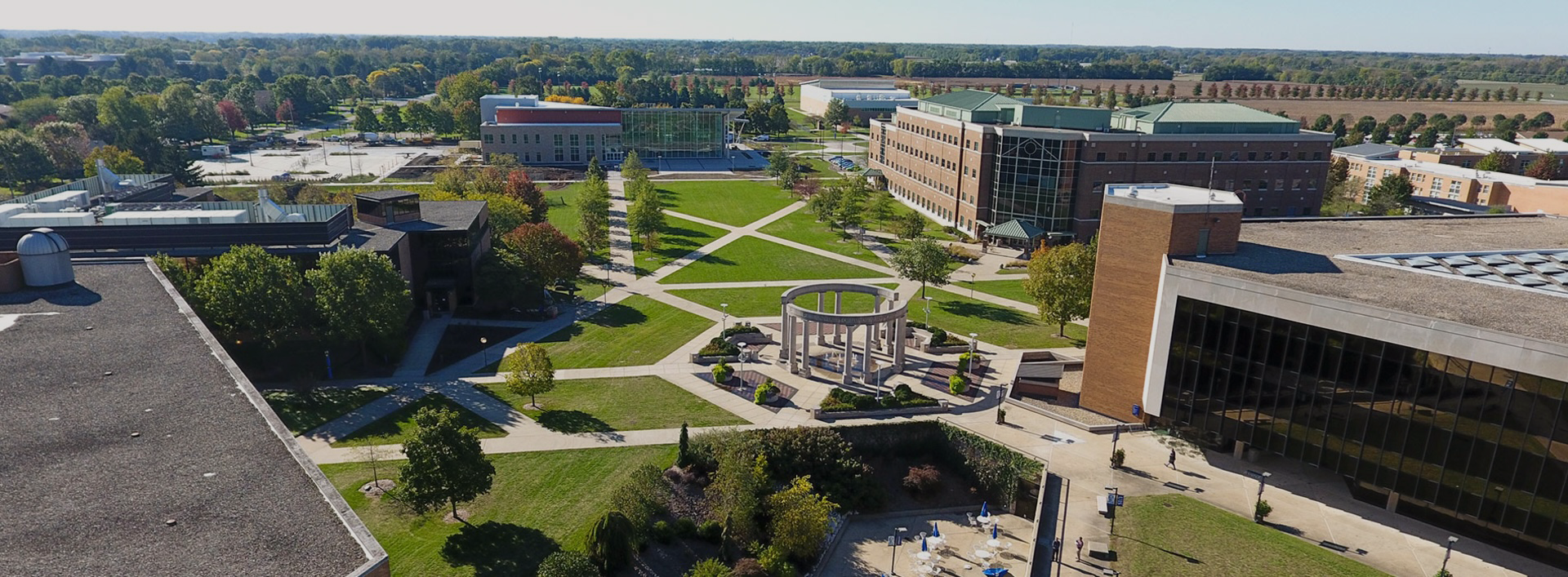About Our Teaching Fellows AY 17-18
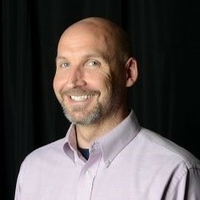
Rick Stokes
Every class is unique. Every class is composed of different individuals. While there are general strategies that can improve learning, not everything that works for one class will work for another. I think Twilight Sparkle said it best in season 4, episode 21, “One way of learning isn’t better than another. After all, every pony is unique and individual.”
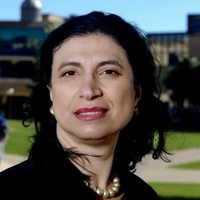
Elizabeth Kosmetatou
As an educator, I embrace a philosophy of teaching which views learning as an interactive process and a journey to self-discovery. I firmly believe that my students are capable of academic excellence and, by working hard, they can surpass their expectations, as well as my own. In this respect, I support active learning, which has been proven to stimulate my students’ intellectual curiosity, so that they may discover the rewards of critical thinking, the benefits of reasoned discourse, the delights of the process of learning, the value of knowledge, and the rewards of intellectual life and of the Liberal Arts.
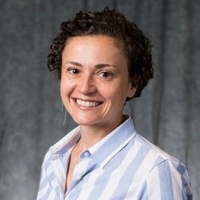
Andrea Scarpino
My pedagogy is based on the tenets of Universal Design, which hold that a flexible learning environment inclusive of students with disabilities is inclusive of everyone, including students with different learning styles, cultural backgrounds, and life experiences. In every class I teach, whether an undergraduate composition class or a graduate poetry workshop, I provide many opportunities for students to engage with our material, a variety of assignment formats, and a diversity of texts, including scholarship, creative work, and digital content. The goal is to create a flexible learning environment that is responsive to, and supportive of, the different needs of each student.
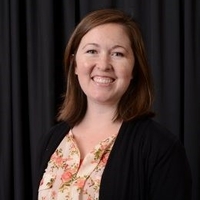
Tiffany Nielson
My teaching philosophy is grounded in humanistic pedagogy with its focus on the core qualities of an effective teacher, namely, congruence, respect for students, and empathic understanding. I believe students are the masters of their own learning and strive to promote greater individuality, congruence, and autonomy of learners.
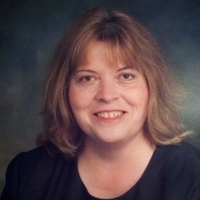
Carol Jessup
My teaching philosophy is to facilitate a “love of learning” and promote the merits and potential for progress derived from an understanding of the “language of business.” I emphasize and model the inherent responsibilities of the accounting professional to act with integrity in serving the public. Finally, in all encounters, I strive to be well-prepared, innovative, and accessible to students, including past, present, and potential.
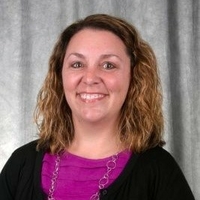
Angela Doehring
Ultimately, through my teaching, I expect students to develop professional skills that will enhance their careers, as well as gain a greater understanding of course material. I look forward to the challenge my students provide as I progress throughout my career. Since learning continues throughout the life course, I can only hope to positively influence the lives of those that I teach, encouraging them to enjoy the perpetual process of learning.
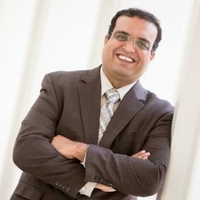
Sudeep Sharma
I view teaching as an integral part of my role as a scholar. My teaching philosophy is derived from transformational learning theory (Mezirow, 1991)—improved, advanced, and developed level of thinking through learning. I believe education’s purpose is to holistically develop students as an important and contributing member of society through improved learning. My ultimate aim, as an instructor, is to nurture students for improved professional ability, enhanced knowledge of management topics, and elevated research competence.
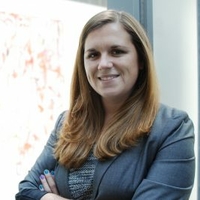
Carlee Beth Hawkins
My main teaching objectives are to increase students’ interest in psychological science and confidence in their ability to learn. I create a comfortable class environment with small group discussions and by providing students with structured and personalized support. I engage students in psychology by helping them apply the course material to their own lives.
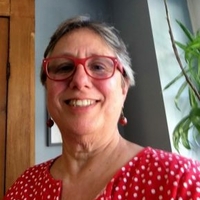
Denise Bockmier-Sommers
Authentic Leadership lends itself to teaching as it facilitates students becoming life-long learners who are sensitive to their internal and external worlds and events. Consistent with Authentic Leadership Theory, I apply transparency as I teach and mentor each of my students.
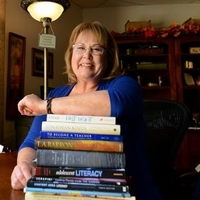
Cindy Wilson
Professional teaching is always a work in progress, so as a teacher striving for effectiveness, I must be open to continuous learning myself. I know full well that no matter how good I feel about my teaching, it is the actual learning that is a true measure of teaching effectiveness, so I find myself on a permanent aspirational trajectory. As I teach in a professional program, my focus tends to be on a passion for the profession as well as specific content knowledge and skills; practicing critical, reflective thought; that desire for continuous learning; flexible responsiveness, and modeling professional dispositions and conduct.
